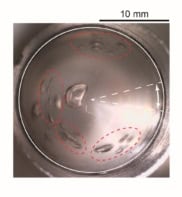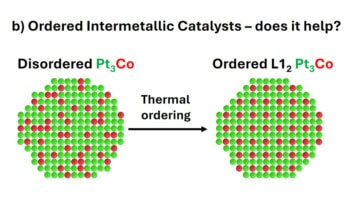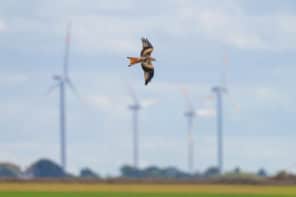
Over 5000 researchers have signed a letter sent to the Italian prime minister Silvio Berlusconi calling for an end to the investigation of seven scientists and technicians who were called upon to assess seismic activity ahead of the devastating earthquake that struck L’Aquila in the central Italian region of Abruzzo last year.
The scientists, who are members of the Major Risks Committee (MRC), are being investigated by L’Aquila prosecutors for gross negligent manslaughter following complaints by members of the public that they would have left their homes ahead of the quake were it not for reassurances provided by the MRC.
The letter, sent by the Italian National Institute for Geophysics and Vulcanology (INGV), calls the allegations “unfounded” and claims that years of research have shown that “there is currently no scientifically accepted method for short-term earthquake prediction that can reliably be used…for rapid and effective emergency actions”.
Under investigation
At the centre of the controversy is a meeting that was held by the committee on 31 March 2009, six days before the 5.8 magnitude quake that killed 308 people and flattened much of the city and surrounding villages.
Scientists have to focus on giving the best kind of scientific information. It is down to others to decide what action needs to be taken Warner Marzocchi, chief scientist at the National Institute for Geophysics and Vulcanology
The MRC reports to Italy’s Civil Protection Department and discusses risks of natural disaster. According to the official minutes of the meeting, which included representatives of the Civil Protection Department as well as INGV researchers and city officials, committee vice-chair Franco Barberi stated there were no grounds for believing a major quake was on the way. That was despite a series of smaller tremors that had been registered in the region for several months previously, including one measuring 4.2 on the Richter scale the day before the meeting.
Barberi also dismissed controversial claims made by Gioacchino Giuliani, a technician at the National Institute of Nuclear Physics, that Giuliani could predict earthquakes on the basis of levels of radon gas. Geophysicist Enzo Boschi, who is president of the INGV and one of the seven under investigation, also said at the time that a major quake in the near future was improbable, even if it could not be ruled out completely.
The seven individuals have been placed under formal investigation on the basis that their advice gave the city’s inhabitants a false sense of security. “Those involved were highly qualified individuals who should have provided the public with different answers,” L’Aquila’s chief prosecutor Alfredo Rossini told Italian TV news show Tg3 Abruzzo.
‘Ill-informed scapegoating’
Thomas Jordan, an earth scientist at the University of Southern California in Los Angeles, believes that the researchers were in no position to advise evacuation. Jordan, who chaired an international commission to review earthquake forecasting in Italy in the wake of the L’Aquila disaster, says that the best that can be done is to provide a probability that an earthquake of a certain size will occur within a particular region over a given time. He says that although the probability of a major quake in Abruzzo increased in the light of the earlier tremors, the absolute value of this probability was still no more than about 1% for the week beginning 31 March. “As the costs of false alarms are too high, these probabilities are too small to initiate actions such as mass evacuations,” he says.
Warner Marzocchi, chief scientist at the INGV, who is not under investigation, says that he and his colleagues had in fact started to test a new kind of statistical model to calculate such probabilities when the 31 March meeting was called, but that they were not then confident enough about it to make a forecast. “As scientists, we have to focus on giving the best kind of scientific information,” he says. “It is down to others to decide what action needs to be taken.”
This sentiment is shared by John McCloskey, a geophysicist at the University of Ulster in Northern Ireland, who believes that “ill-considered, ill-informed scapegoating of scientists” could harm research into earthquake forecasting. He maintains that Rossini would do better to investigate why it was that many relatively new buildings, which are supposed to be covered by strict building codes, collapsed during the quake.



